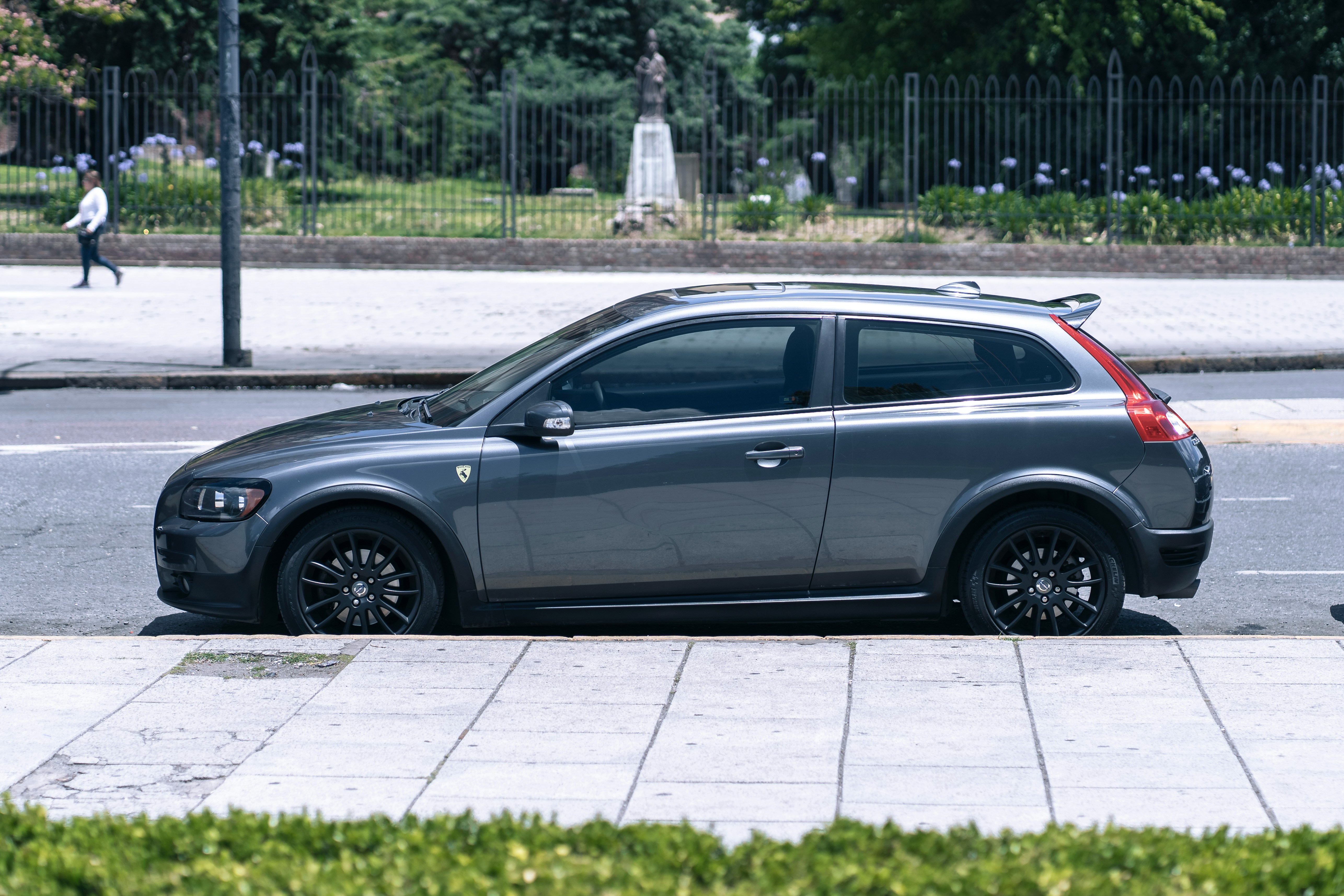
The family car is often the unsung hero of our daily lives. It ferries kids to school, hauls groceries, and is the trusty steed for family vacations. But just like any hero, there comes a time when even the family car needs to retire. Knowing when it’s that time can be tricky. Here, we’ll explore the signs that it’s time to bid your automotive companion farewell and move on to something new.
Inadequate Space
Family dynamics change over time. What was once a perfect fit for your needs might now be bursting at the seams. Whether it’s transporting growing teenagers, sports equipment, or the new family pet, an older car with limited space can feel cramped and impractical. Upgrading to a larger vehicle can make family outings more comfortable and enjoyable.
Frequent Repairs
If your car is spending more time in the shop than on the road, it might be time to part ways. Constant repairs not only drain your wallet but also your time and patience. When repair costs start approaching the value of the vehicle, it’s a clear indication that it might be more economical to sell it and invest in a new (or newer) car. In cases where your car has significant mechanical issues, such as a blown engine, it might be worth considering options to sell a car with a blown engine rather than undertaking costly repairs. This can often be a sensible financial decision, and can also save time and hassle.
Outdated Technology
From entertainment systems to navigation aids, technology in cars has made significant leaps. If your car lacks modern conveniences like Bluetooth connectivity, GPS, or even sufficient USB ports for charging devices, it can make long drives feel like a chore. Upgrading can offer a more enjoyable driving experience for the whole family.
Emotional Readiness
Finally, there’s the emotional aspect. Many families develop a sentimental attachment to their cars, which can make the decision to sell more challenging. While it’s okay to be nostalgic, it’s also important to consider your current needs and future plans. Letting go of the old to welcome the new can often bring exciting new opportunities and experiences.
Declining Safety Features
Safety standards in the automotive industry are advancing rapidly. If your car is more than a decade old, it likely lacks modern safety features like advanced airbags, rear-view cameras, and electronic stability control. Upgrading to a newer model can offer your family enhanced protection on the road.
Environmental Considerations
Beyond fuel efficiency, older cars tend to have higher emissions that contribute negatively to the environment. Newer vehicles are often designed with eco-friendly technology, such as hybrid or electric engine options, that significantly reduce your carbon footprint. This shift not only supports global sustainability efforts but also ensures a healthier future for coming generations.
Fuel Efficiency Woes
Older cars generally consume more fuel than their modern counterparts. If you find yourself spending a hefty portion of your budget on gas, it might be worth calculating the cost savings of a more fuel-efficient vehicle. With the push towards more eco-friendly options, switching to a newer car can benefit both your wallet and the environment.
Financial Incentives
Many governments offer financial incentives for purchasing newer, more eco-friendly vehicles. Tax credits, rebates, and other incentives can significantly reduce the cost of upgrading. Additionally, newer cars often come with warranties that can save you money on repairs and maintenance in the long run. Exploring these financial benefits can make the decision to sell your old car a more appealing prospect.
Technological Advances in Safety
Newer cars come equipped with technological advances that extend beyond basic safety features. Innovations such as lane-keeping assist, adaptive cruise control, and automatic emergency braking make driving safer and can prevent accidents before they happen. These advanced safety features can provide peace of mind, knowing that your family’s safety is prioritized on every journey.
Deciding to sell the family car is rarely straightforward. By considering factors like repair costs, safety features, space, fuel efficiency, technology, and emotional readiness, you can make a well-informed decision. Remember, while parting with a trusty vehicle can be bittersweet, it also paves the way for new adventures and memories in a more suited car for your family’s needs.